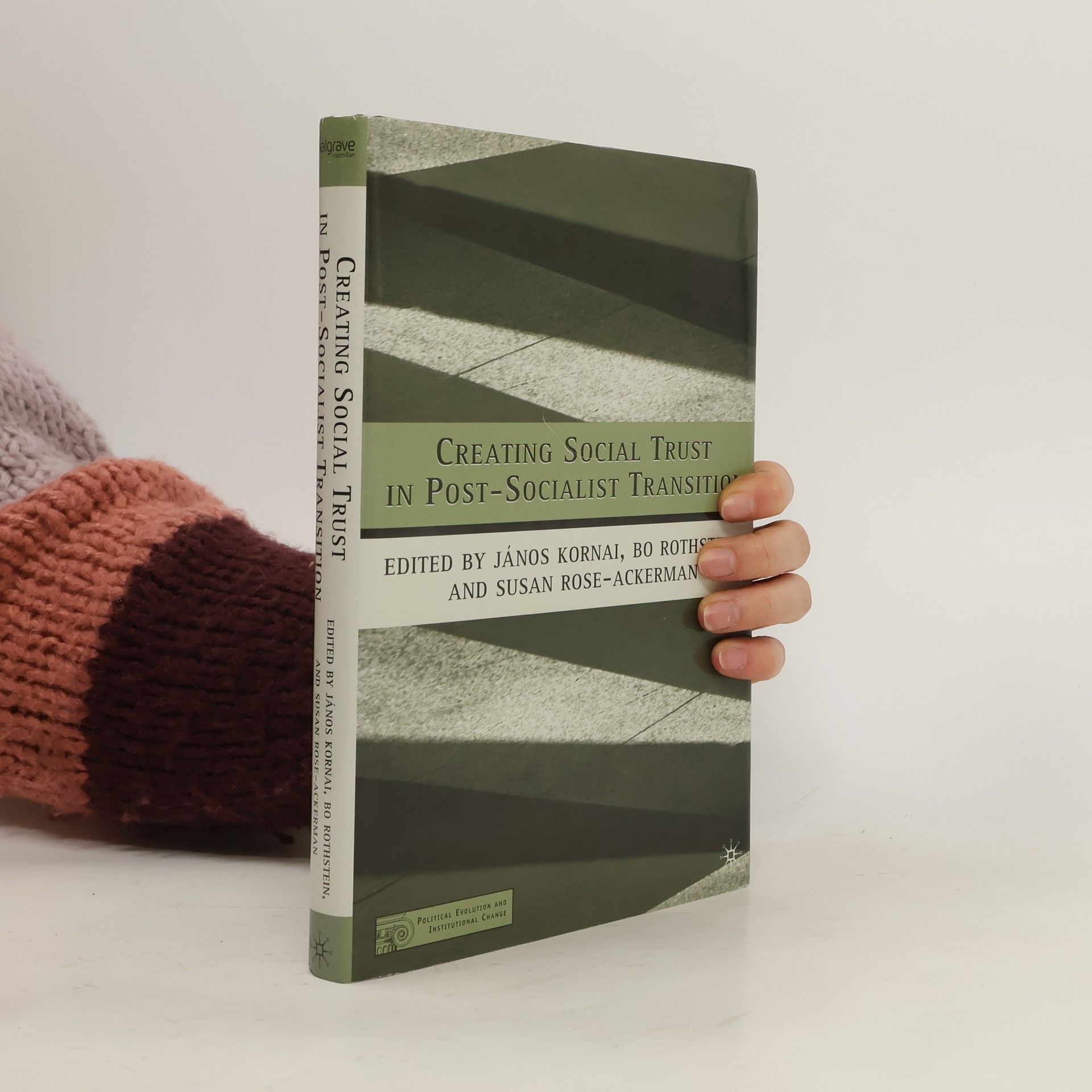Beneficial social and economic exchange relies on a certain level of trust. But trust is a delicate matter, not least in the former socialist countries where illegitimate behaviour by governments made distrust a habit. The chapters in this volume analyze the causes and the effects of the lack of social trust in post-socialist countries. The contributions originated in the Collegium Budapest project on Honesty and Theory and Experience in the Light of the Post-Socialist Transition. A second volume entitled, Building a Trustworthy State in Post-Socialist Transition , is being published simultaneously.
Bo Rothstein Livres



Social Traps and the Problem of Trust
- 236pages
- 9 heures de lecture
In this book, Bo Rothstein examines 'social traps' where distrust prevents cooperation, despite mutual benefits. He explores how social capital and trust can be fostered through universal political institutions and policies promoting equality. Rothstein introduces collective memory theory to propose how these institutions can be created.
Just Institutions Matter
The Moral and Political Logic of the Universal Welfare State
- 272pages
- 10 heures de lecture
The book defends the universal welfare state against significant criticisms by exploring its ties to civil society, the impact of social service privatization, and evolving societal values. Rothstein highlights the diverse moral and political logics shaping contemporary welfare states, attributing these variations to the intentional decisions made by political institutions. This work contributes meaningfully to ongoing philosophical and political discussions regarding the welfare state's future.